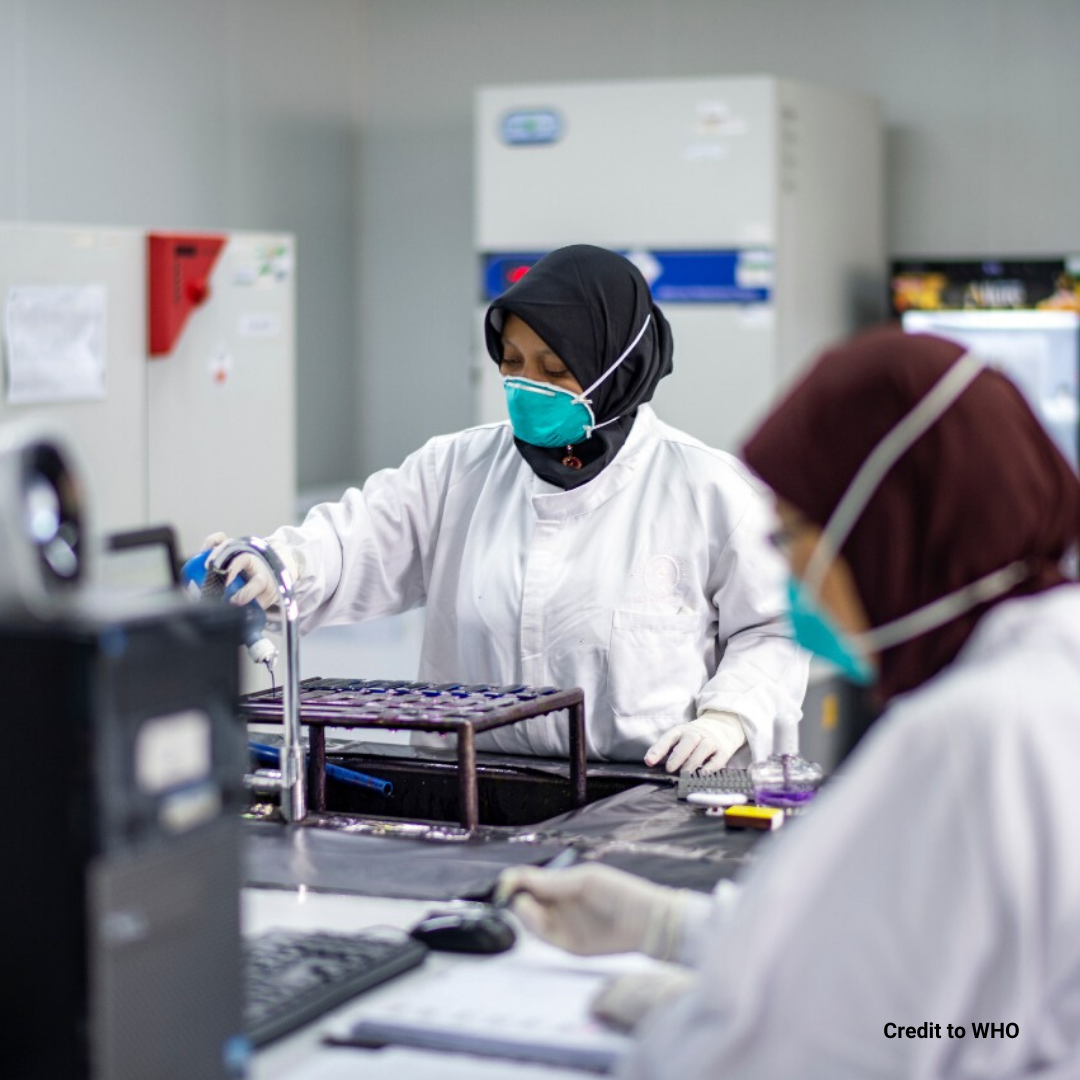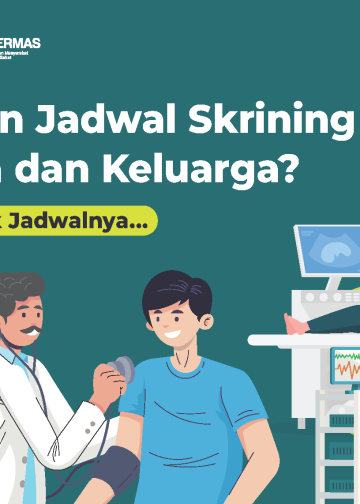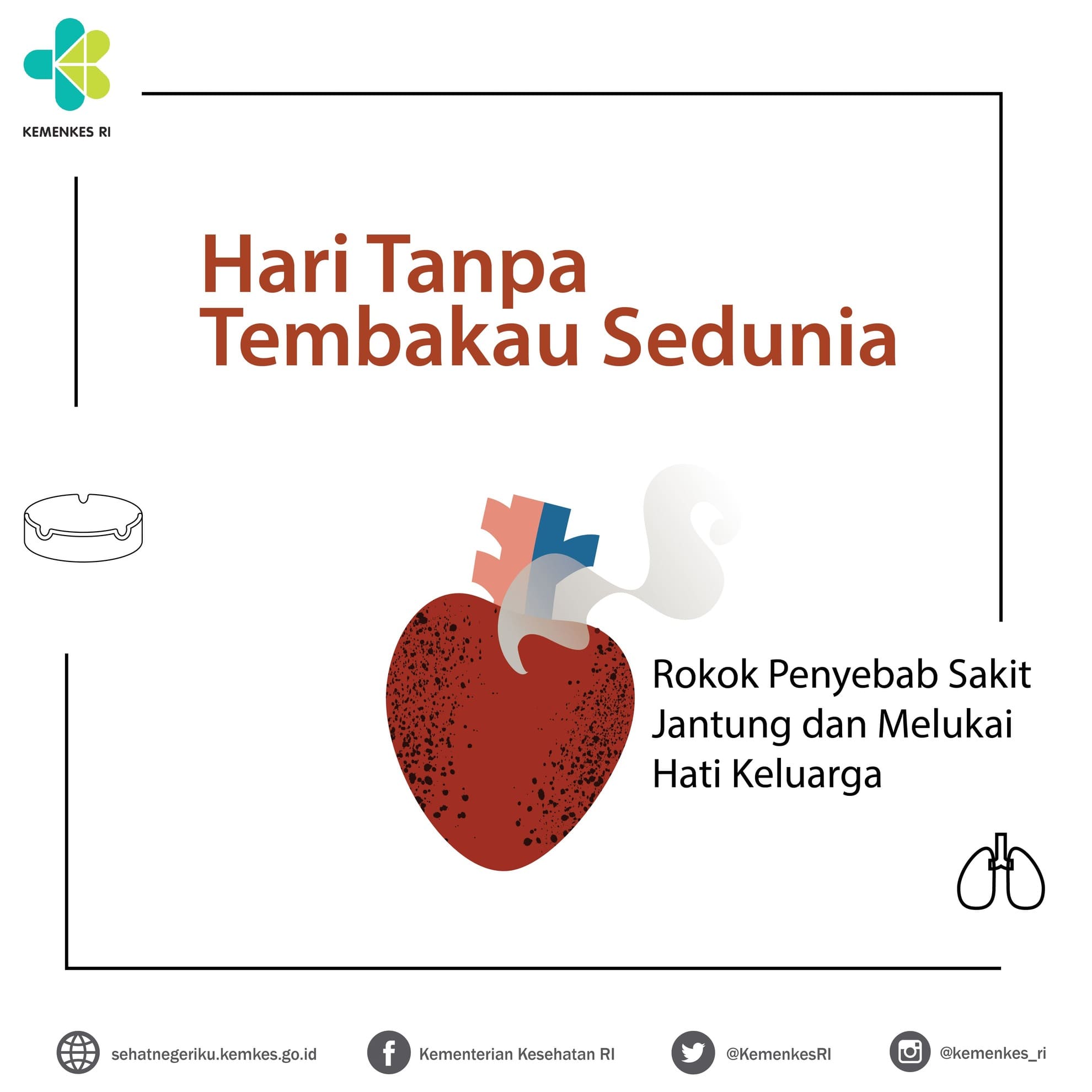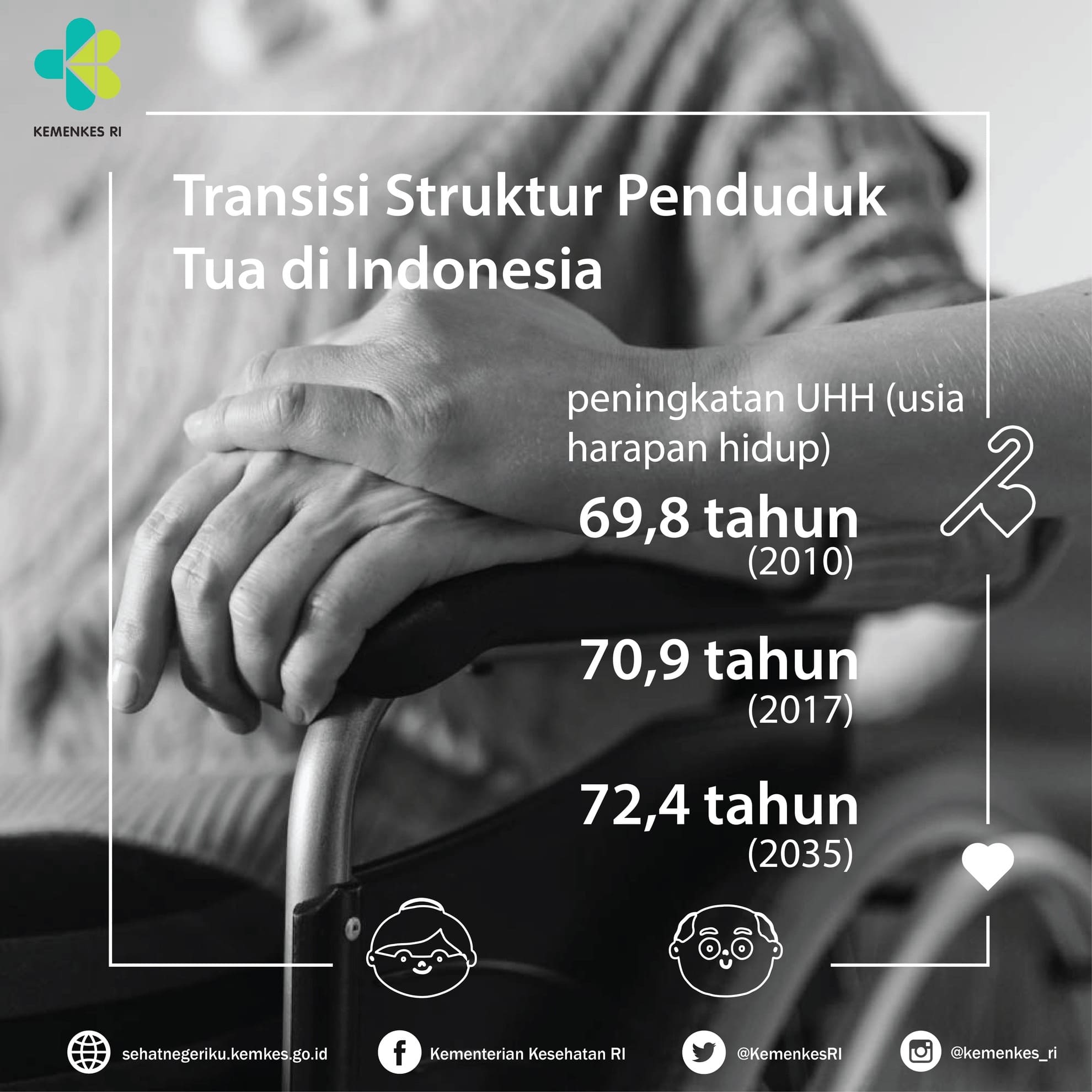2 Juli 2020
Indonesia bergabung dalam penelitian serologis global untuk COVID-19 yang dikoordinasikan oleh Organisasi Kesehatan Dunia (WHO) untuk memahami secara komprehensif tingkat infeksi, kejadian infeksi ringan dan tanpa gejala, serta proporsi antibodi terhadap infeksi SARS-CoV-2 pada populasi umum berdasarkan jenis kelamin dan kelompok usia untuk memastikan kekebalan populasi kumulatif.
Pada awal bulan Juni, Indonesia menyatakan minatnya untuk ikut serta dalam Solidarity II – sebuah platform kolaborasi global untuk meningkatkan pemahaman ilmiah di bidang studi serologis melalui implementasi WHO Unity Study.
“Deteksi dan penyebaran patogen pernapasan yang muncul seperti COVID-19 disertai dengan ketidakpastian atas karakteristik utama epidemiologis dan serologis,” menurut dr Wiendra Waworuntu, M.Kes, Direktur Pencegahan dan Pengendalian Penyakit Menular Langsung, Kementerian Kesehatan. “Kami ingin menilai besarnya masalah dan menyelidiki tingkat infeksi dengan berpartisipasi dalam penyelidikan seroepidemiologis WHO.”
“Sejauh ini, bukti mengenai peran orang dalam fase tanpa gejala dan pra-simptomatik di tingkat global dalam transmisi COVID-19 masih terbatas,” jelas Dr N. Paranietharan, Perwakilan WHO untuk Indonesia. “Berpartisipasi dalam studi internasional ini adalah cara untuk mendapatkan lebih banyak informasi, untuk memahami tingkat infeksi yang sebenarnya pada populasi umum.”
Di Indonesia, studi seroepidemiologis akan dipimpin secara bersama-sama oleh Direktorat Jenderal Pencegahan dan Pengendalian Penyakit dan Badan Penelitian dan Pengembangan Kesehatan (Balitbangkes) Kementerian Kesehatan.
Studi ini akan melibatkan para peneliti multidisiplin ilmu yang berasal dari berbagai institusi akademik dan penelitian, serta para ahli infeksi pernapasan akut, laboratorium rujukan regional, dan otoritas kesehatan di tingkat daerah. WHO memberikan dukungan teknis kepada Kementerian Kesehatan untuk melakukan penelitian dan secara bersama-sama mengadaptasi protokol global Unity Study dengan pengaturan lokal dan karakteristik epidemiologis COVID-19 di Indonesia.
Studi ini diharapkan melibatkan lebih dari 10.000 peserta dari 17 provinsi dan 69 kabupaten/kota di Indonesia. Uji Enzyme Linked Immunosorbent Assay (ELISA) dan netralisasi akan digunakan untuk mengukur prevalensi antibodi COVID-19.
Partisipasi Indonesia dalam studi serologis global akan berkontribusi tidak hanya pada respons kesehatan masyarakat dan pengambilan kebijakan di tingkat nasional, tetapi juga pada pemahaman global tentang seroprevalensi dan tindakan pengendalian.
Tentang WHO Unity Study:
WHO Unity Study adalah serangkaian protokol investigasi awal yang dirancang untuk mengumpulkan informasi untuk lebih memahami pola penularan, tingkat keparahan, gambaran klinis, dan faktor risiko infeksi COVID-19. Data yang dikumpulkan melalui studi ini sangat penting untuk menyempurnakan rekomendasi dan lebih memahami berbagai aspek dari penyakit ini dan dampaknya terhadap masyarakat umum.
Informasi lebih lanjut tentang WHO Unity Study dapat ditemukan di: www.who.int/emergencies/diseases/novel-coronavirus-2019/technical-guidance/early-investigations
Informasi lebih lanjut tentang Solidarity II dapat ditemukan di: www.who.int/emergencies/diseases/novel-coronavirus-2019/global-research-on-novel-coronavirus-2019-ncov/solidarity-2-global-serologic-study-for-covid-19
Kontak Media:
WHO Indonesia Communications Team: seinocomm@who.int
Indonesia and WHO working together to better understand the extent of SARS-CoV-2 infection and population immunity as part of WHO Unity Study
2 July 2020
Indonesia is joining a global serologic study for COVID-19 coordinated by the World Health Organization (WHO) to comprehensively understand the extent of infection among different populations, the occurrence of mild and asymptomatic infection, and the proportion of antibodies against SARS-CoV-2 infection in general population by sex and age group, in order to ascertain the cumulative population immunity. Earlier in June, Indonesia expressed interest in joining Solidarity II ¬ a global collaborative platform to advance scientific understanding in the area of serologic studies by implementing a WHO Unity Study.
“The detection and spread of an emerging respiratory pathogen like COVID-19 are accompanied by uncertainty over the key epidemiological and serologic characteristics,” said dr. Wiendra Waworuntu, M.Kes, the Director of Communicable Diseases Prevention and Control at the Ministry of Health. “We would like to assess the magnitude of the problem and investigate the extent of infection by participating in the WHO seroepidemiological investigation.”
“So far, the global evidence regarding the role of asymptomatic and pre-symptomatic, in COVID-19 transmission is still limited,” explained Dr N. Paranietharan, WHO Representative to Indonesia. “Participating in this international study is a way to obtain more information, to understand the true extent of infection in the general population.”
In Indonesia, the seroepidemiological study will be jointly led by the Directorate General of Disease Prevention and Control in the Ministry of Health and the National Institute of Health Research and Development (NIHRD).
The study will involve multidisciplinary researchers from various academic and research institutions along with experts in acute respiratory infection, regional referral laboratories, and health authorities at the sub-national level. WHO is providing close technical support to the Ministry of Health to undertake the study and is jointly adapting the Unity Study global protocol to local settings and epidemiological characteristics of COVID-19 in Indonesia.
The study is expected to include more than 10 000 participants from 17 Indonesian provinces and 69 districts. Enzyme Linked Immunosorbent Assay (ELISA) and neutralizing assay will be used to measure the prevalence of COVID-19 antibodies.
Indonesia’s participation in the global serologic study will contribute not only to the national public health response and policy decisions but also to global understanding of seroprevalence and control measures.
About the WHO Unity Studies:
The WHO Unity Studies are a series of early investigation protocols designed to collect information to better understand COVID-19 transmission patterns, severity, clinical features and risk factors for infection of the new disease. Data collected through these investigations will be critical to refine recommendations and better understand various aspects of the disease and its impact on the community.
More information on the WHO Unity Studies can be found here: www.who.int/emergencies/diseases/novel-coronavirus-2019/technical-guidance/early-investigations
More information on Solidarity II can be found here: www.who.int/emergencies/diseases/novel-coronavirus-2019/global-research-on-novel-coronavirus-2019-ncov/solidarity-2-global-serologic-study-for-covid-19
Media contacts
WHO Indonesia Communications Team: seinocomm@who.int
Hotline Virus Corona 119 ext 9. Berita ini disiarkan oleh Biro Komunikasi dan Pelayanan Masyarakat, Kementerian Kesehatan RI. Untuk informasi lebih lanjut dapat menghubungi nomor hotline Halo Kemenkes melalui nomor hotline 1500-567, SMS 081281562620, faksimili (021) 5223002, 52921669, dan alamat email kontak@kemkes.go.id (NI)
Kepala Biro Komunikasi dan Pelayanan Masyarakat
drg. Widyawati, MKM


















